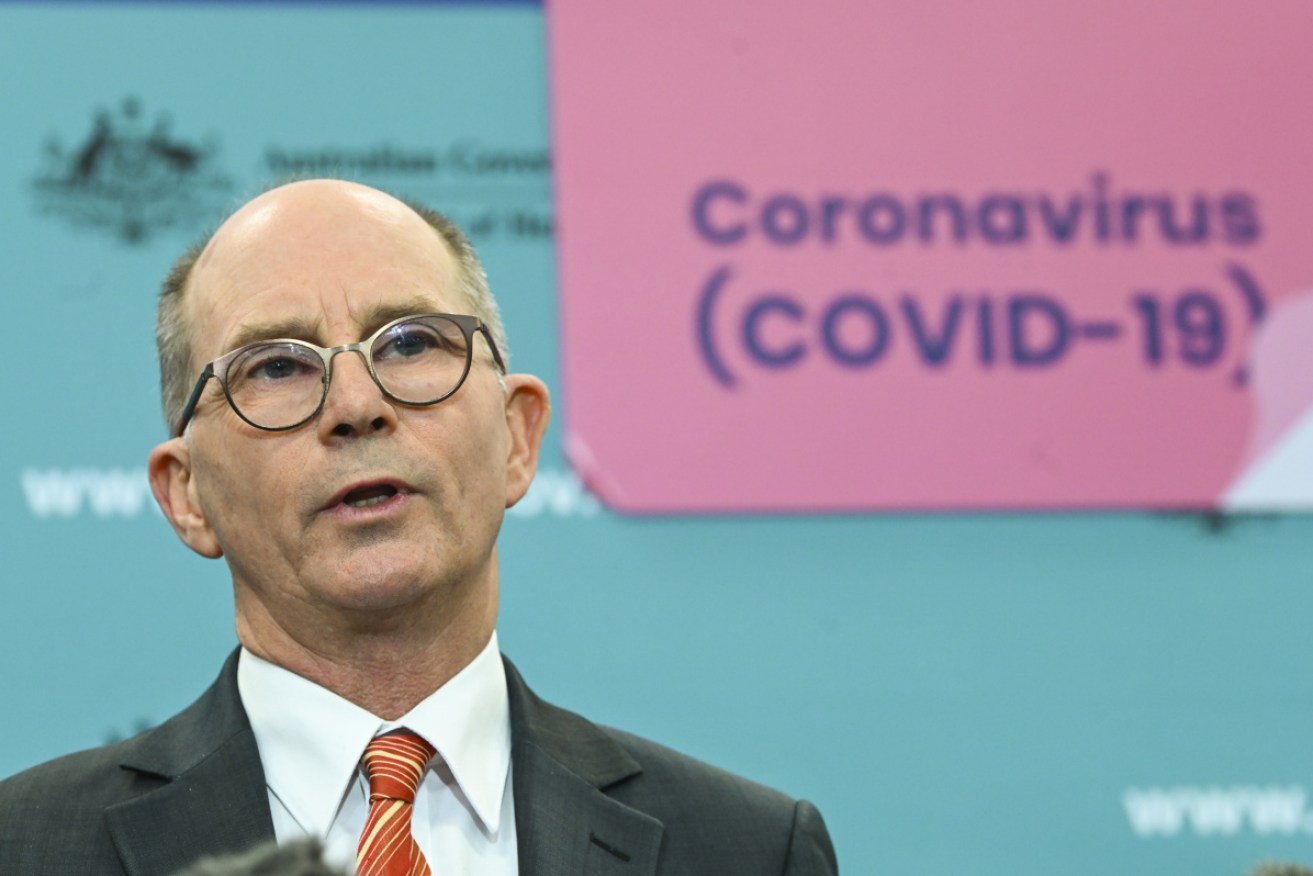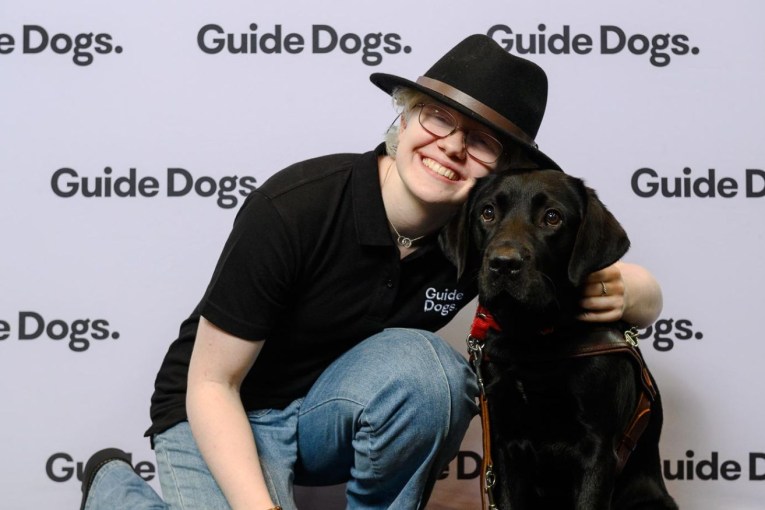Cash, lotteries and discounts are ‘potentially on the table’ to boost vaccination rate


Chief medical officer Professor Paul Kelly has warned against Ivermectin. Photo: AAP
The nation’s chief medical officer says vaccine incentives like cash, lotteries or discounts should be “on the table” to encourage Australians to get a COVID jab, pleading with older people to take the shot as soon as possible.
Labor is now calling for “serious incentives” to encourage vaccinations, claiming the government has been too complacent.
“If you are in a group that has been offered the vaccine, please do not hesitate. Do not wait until the end of the year,” chief medical officer Professor Paul Kelly said.
“I think we really do need to look for incentives, as many incentives as we can.”
After initially playing down sluggish vaccination rates in the earlier stages of the rollout, the federal government has developed a new focus on boosting uptake before winter and the associated higher risk of COVID transmission.
Despite a record vaccination day of more than 101,000 shots on Thursday, concerns are rising around ‘vaccine hesitancy’ among some older Australians.
Just 13,089 vaccines were administered on Sunday, taking Australia’s total to 3.613 million doses after three months of the program.
Tweet from @healthgovau
Some cities in the United States have offered beer, million-dollar lotteries and discounts as vaccine incentives.
Health Minister Greg Hunt and the federal health department have previously told The New Daily they weren’t considering similar sweeteners, but Professor Kelly indicated this may change.
When asked by TND at a Canberra press conference if that could include cash, lotteries or discounted goods, Professor Kelly responded: “I think all of these things are potentially on the table.”
“But I think the main incentive is … about protecting your own health, not sitting there, waiting for an outbreak, because once an outbreak is here, if it comes, it will be very difficult for us to roll out masses of vaccines quickly.
“Winter is coming … We need to be protected.”

Vaccine incentives could help boost uptake. Photo: Getty
Mr Hunt has previously spoken of the freedom to travel and avoid lockdowns as an ‘incentive’, in a similar vein to Scott Morrison’s vaccine passport idea.
Professor Kelly offered similar thoughts.
“I think wherever people can see the advantage of getting the vaccine quickly, that would be better for them, for their families and the communities,” he said.
Professor Kelly, an esteemed epidemiologist, said there may be a need for specific incentives for age cohorts with “some hesitancy”, like those aged 50 to 70.
What vaccine incentives could be offered?
Labor’s shadow health minister Mark Butler backed calls for incentives.
“Scott Morrison is dangerously complacent about the shockingly slow pace of this vaccine rollout and the big increases in vaccine hesitancy that are happening on his watch,” he told TND.
“There needs to be serious options on the table for vaccine incentives and they shouldn’t involve passports between Sydney and Melbourne.”

Mark Butler. Photo: AAP
Professor Julie Leask, of University of Sydney’s school of nursing and midwifery, told TND studies had shown incentives could boost vaccination rates but they weren’t a silver bullet.
“We know incentives can work to improve vaccination coverage. [But] you can’t rely on them solely, of course,” she said.
“You need a lot of ducks in a row. Good access, very convenient services, effective messaging appealing to social and individual benefit, reminders sent to people.”
Professor Leask – a social scientist and leading expert in factors affecting immunisation uptake – said it may be more useful to offer incentives for receiving vaccinations rather than sanctions for avoiding them.
She pointed to studies that suggested incentives like government
payments, childcare assistance, lottery prizes or grocery vouchers could help in vaccination uptake.
She also suggested discounts on public transport or other areas that could act as virus transmission hotspots.
Professor Leask previously told TND it was unclear whether vaccine hesitancy was rising in Australia.
But she has called for access and efficiency factors to be addressed, including booking delays or clunky appointment systems that might dissuade people.
Professor Leask said she had spoken to people with disability, or who struggle with technology like smartphones, who have been frustrated at the difficulty in trying to book an appointment.
“I wouldn’t be bringing in incentives just yet, until we deal with confusion and convenience issues first,” she said.
“Currently there are simple access issues. Services have to be as convenient as possible, for all people to access.”
What about the vaccine passport?
Separately, Mr Morrison will bring up the concept of a ‘vaccine passport’ at Friday’s meeting of national cabinet.
Several state premiers, including in Tasmania and Queensland, have poured scorn on the idea in recent days, and Mr Morrison appeared to slightly step back from the concept on Monday.
When asked about the idea in Parliament’s Question Time, he said he was just “responding to questions in the media”.
Mr Morrison said the concept would not require people to physically present a passport at state borders, but claimed it would be “helpful if people who had been fully vaccinated would be exempt” from border restrictions.
The PM also gingerly moved towards setting a new target for vaccination.
He said if supplies continued arriving from overseas at the current rate, all Australians who “wish to be vaccinated would have had the opportunity for that first dose” by the end of 2021.
However, as TND reported on Monday, Novavax manufacturing delays may factor into the rollout speed, too.








